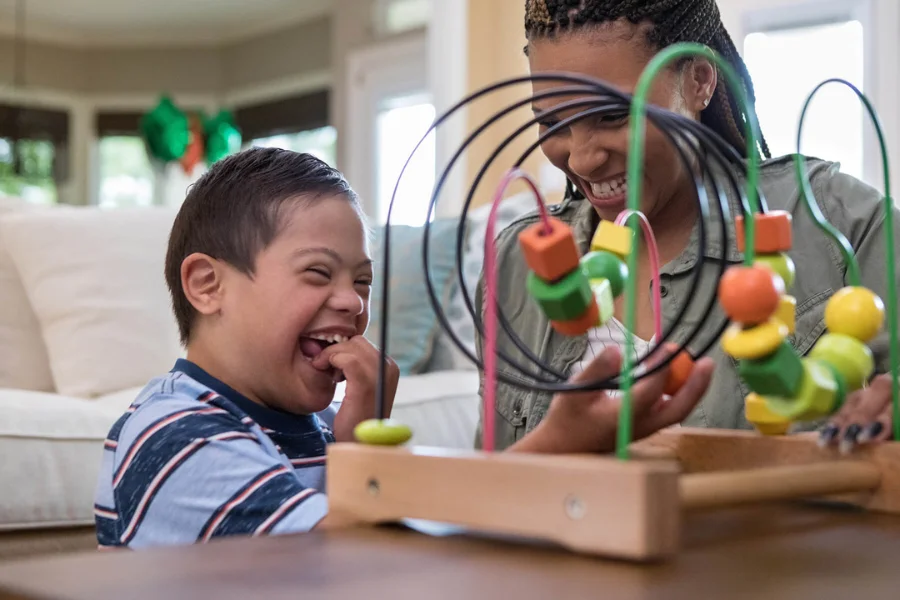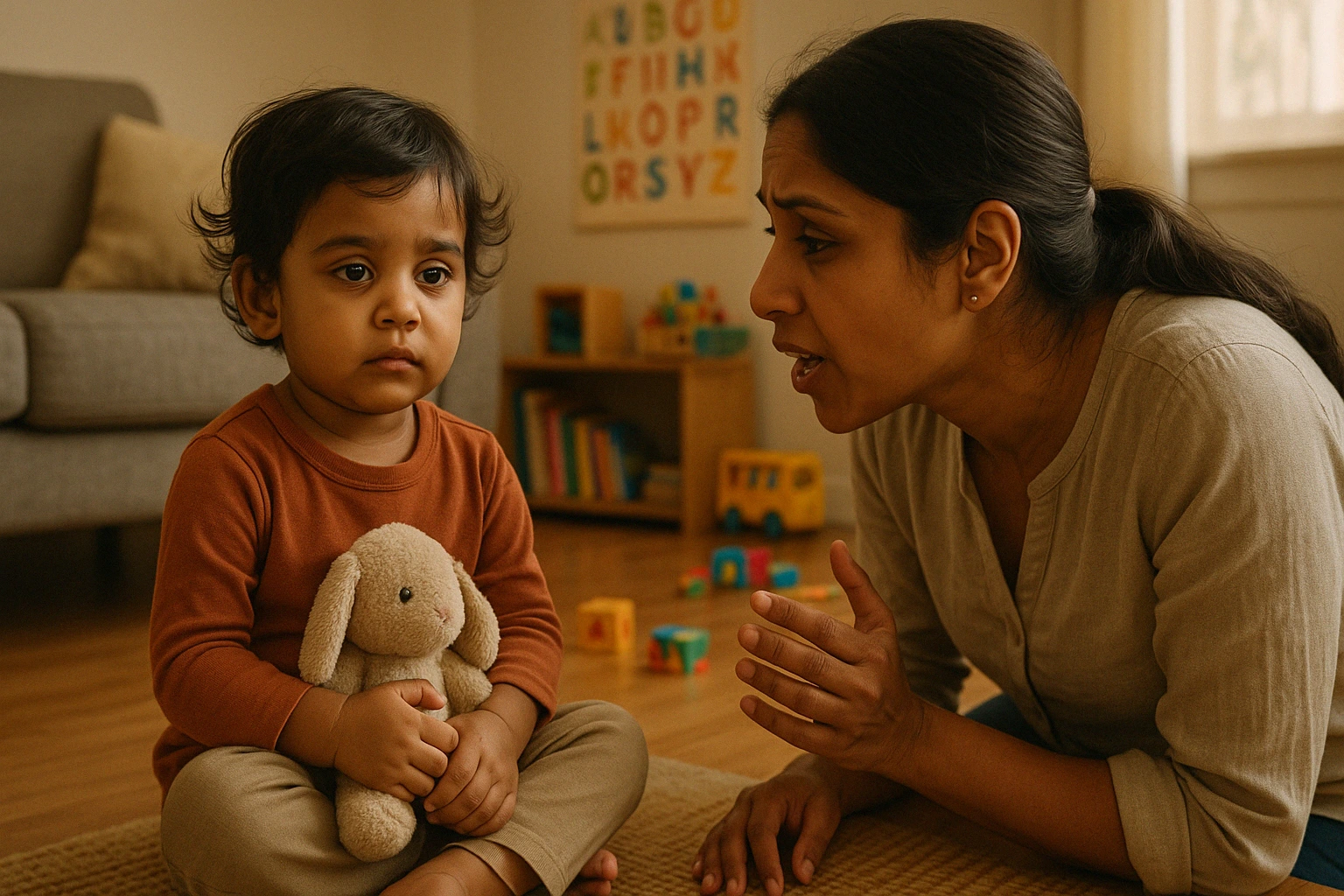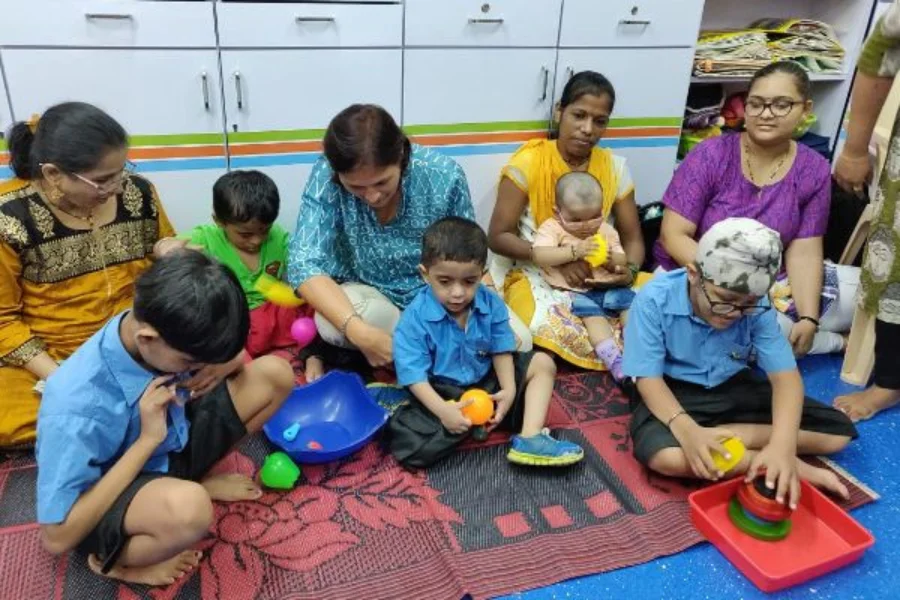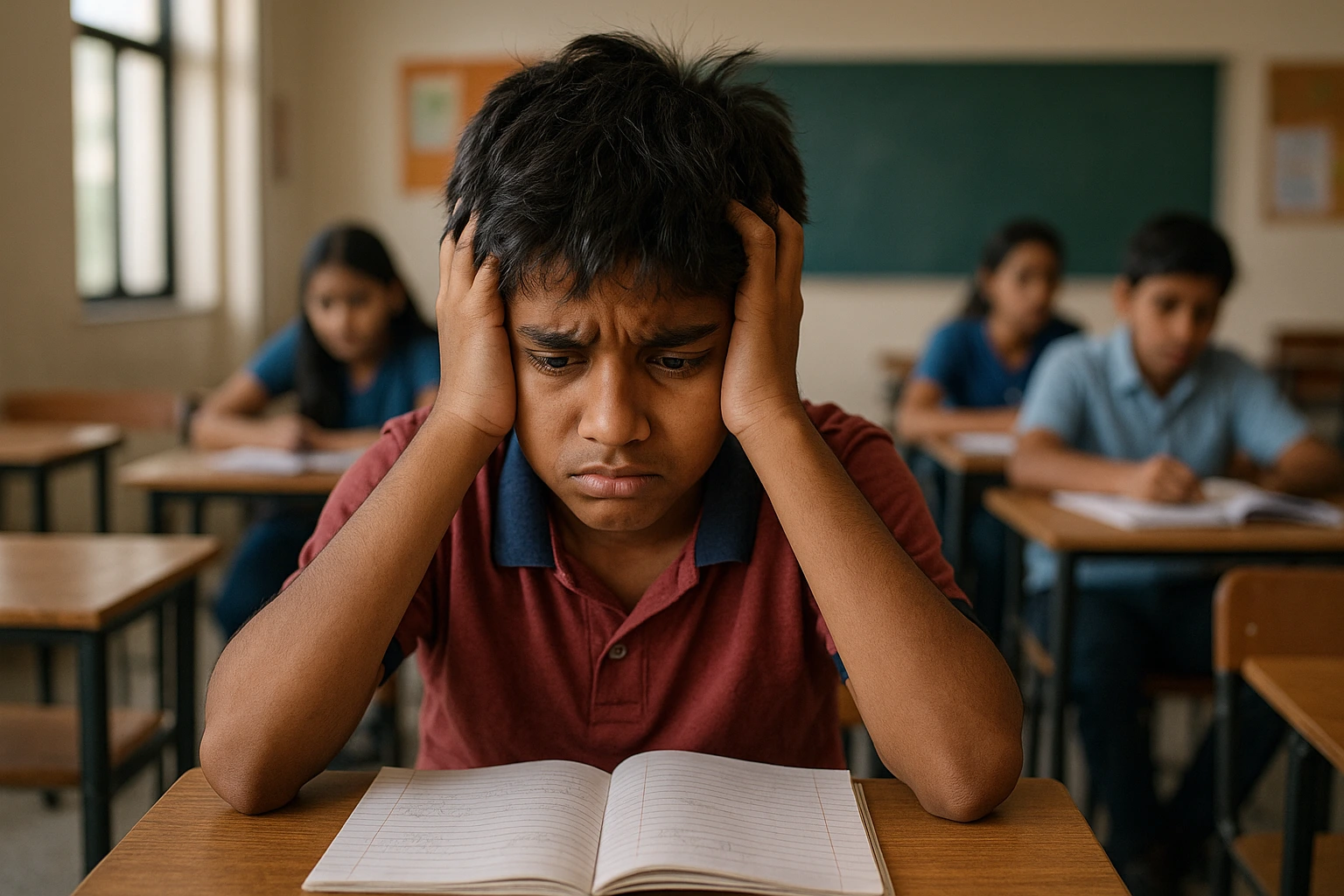
Source: istockphoto
ADHD, a neurological disorder, affects the important competencies of children, including concentration, behaviour control, and hyperactivity. Being a chronic condition, ADHD does not have a standard treatment. ADHD Therapy Types have a very important role to play in addressing the challenges caused by ADHD by providing them with the desired academic aid and personal guidance, enabling them to focus better and be completely engaged in a regular classroom.
ADHD Therapy Types ensure that the different developmental domains of the child get adequate prominence, which helps to improve their overall functioning and helps them manage their symptoms effectively.
Various ADHD and Therapy types that provide children with effective strategies and tools to regulate their behaviour and emotions include behavioural therapy, cognitive therapy, and parent training.
What is Therapy for ADHD?
The therapy for ADHD is prospective: it seeks to lessen the adverse effects caused by Attention Deficit Hyperactivity Disorder with the aid of sequential aids. It targets the modification of behavioural problems, together with emotional regulation and socialization. Support is everlasting. ADHD will not be cured, but with therapy, one learns to adapt to life and handle mitigating scenarios.
Behavioral Therapy
Aims at changing counterproductive behaviors with positive substitutes by the systems of rewards, established routines, and punishment mechanisms.
Cognitive Behavioural Therapy (CBT)
Instructs patients’ identification of adverse thought patterns and teaches methods of emotional regulation along with heightened self-perception.
Parent Training
Instructs parents on positive eliciting parent-child behaviours and the facilitation of organised settings in the household.
Social Skills Training
Aims at improving interactivity, listening skills, and cooperation in children with ADHD.
School-Based Therapy
The combined efforts of teachers and therapists can improve focus and learning in the classroom environment by making targeted adjustments within an established structure of supports.
ADHD Therapy achieves maximum effectiveness when it is tailored to the individual and supplemented by some other supports (ie, medication, school supports).
To download the brochure of the SEN Course, Click Here!
For more details on the SEN Course, Call/WhatsApp at +919321024137 / +919869866277

Why do Children Need Therapy for ADHD?
ADHD affects the most essential skills of the child that form a foundation for long-term learning, influencing their overall development. The struggles that ADHD individuals face have a boomerang effect on their academic work, relationships, and self-worth. One of the most effective methods to assist them is through therapy, specifically in functionally addressing their challenges.
The following are the reasons for therapy for children with ADHD:
Fostering Concentration
With the help of therapy, children are trained to maintain their focus and not be distracted by their immediate surroundings.
Behaviour control
Through therapy, children are taught to develop appropriate behaviour patterns that help them manage their emotions efficiently.
Handling Trigger points effectively
Therapy educates children about their emotional challenges and helps them find their real trigger points and ways to manage these well without going through an emotional outburst.
Improves self-confidence
With regular therapy yielding better outcomes, children start believing in their abilities and develop self-confidence.
Supports Parents and Families
Therapy educates and generates awareness amongst parents to implement strategies and tools that promote better learning at home as well.
Promotes social interaction skills
Children gain insights into ways to develop meaningful bonds with their classmates and interact positively with them.
Therapy is the only way to help children understand their emotions that can spark chaos and train them to develop appropriate behaviours along with better functioning skills, enabling them to attain their real potential.
To download the brochure of the SEN Course, Click Here!
For more details on the SEN Course, Call/WhatsApp at +919321024137 / +919869866277

Source: expresshealthcare
How does ADHD Therapy Work?
ADHD therapy begins with a thorough assessment of the child, creating a proper portfolio of the child listing his strengths and his learning preferences. Accordingly, educational plans are formulated that focus on strategies for building children’s attention, behaviours and emotional regulation.
Therapy comprises setting achievable goals and devising precise routines that help improve the child’s daily functioning, enabling children to become self-reliant.
Here’s how ADHD therapy works:
Observation
The process begins with keen observation of the child and detailed assessment of his strengths, weaknesses, and his behaviour patterns to devise a proper, tailored plan.
Competency building
Students start working on all the important competencies such as managing time, organising their surroundings and developing their critical thinking skills.
Behavioural Management Methods
Helps children develop appropriate behaviour patterns by inculcating positive reinforcement and incorporating structured schedules for reducing anxiety and impulsive behaviour.
Emotional guidance
Therapy helps children gain trust and disclose their feelings and express themselves freely, building resilience.
Involving Parents
Therapy includes parents and ensures that they are completely involved in the child’s journey, helping them create a favourable learning environment at home.
Tracking progress
The child’s progress is monitored regularly, and accordingly, amendments are made to yield the desired outcomes.
For the ADHD therapy to generate the precise learning outcomes, and works best when it is consistent, collaborative, and supported across home, school, and social settings.
To download the brochure of the SEN Course, Click Here!
For more details on the SEN Course, Call/WhatsApp at +919321024137 / +919869866277

How long do Kids do ADHD Therapy?
ADHD impacts individuals to varying degrees. The challenges caused by ADHD are different for every individual, which makes the duration of ADHD therapy different for every individual.
Therapy is not a treatment that has assured results within a stipulated period; it is a trial-and-error method and needs to be adapted when the child does not respond to it favourably. Aspects that affect the duration of therapy are listed below.
Here are key factors that influence how long therapy may last:
Acuteness of symptoms
Children with severe symptoms need therapy for a longer time to achieve the needed results.
Type of Therapy Treatment
Every therapy has a different time frame, so the kind of therapy used for the child also determines the duration of treatment.
Uniformity of Sessions
When sessions are conducted every week, the desired results have a higher expectancy with active participation from parents and children.
Parental Involvement
When parents follow through with home strategies, the child often progresses faster.
Support at School
Coordinated support between therapists and teachers can reduce the need for extended therapy.
Children may participate in ADHD therapy for a few months to several years, with periodic evaluations to measure progress and adjust the plan if needed.
To download the brochure of the SEN Course, Click Here!
For more details on the SEN Course, Call/WhatsApp at +919321024137 / +919869866277

How can Parents Help?
Children spend a large quantitative share of their time at home, which is a crucial environment for their growth. Parents’ contribution through Special Education Needs Course in shaping the child’s journey is most valuable, and they can impact the child’s development in a huge way, facilitating the therapy process effectively at home, enabling children to cope with their difficulties with better zeal and confidence.
When parents are a quintessential part of the child’s journey, it becomes easy to design a healthy home environment that enhances the child’s functioning at school as well. The Special Education Needs Course offered by Vidhyanidhi Education Society (Govt. Regd.)
Maintain schedules consistently
Following regular schedules eliminates the factor of novelty that makes ADHD individuals anxious, impacting their overall well-being.
Do not be critical
Always find something positive to appreciate the child and reward their small wins so that they strive harder to achieve better results.
Stay Involved in Therapy
Attending sessions, applying strategies at home, and keeping communication open with therapists strengthen progress.
Work with the School
Work in close unison with teachers, therapists, and other professionals to give the child the best intervention plans at school and home as well.
Setting Achievable Goals
Set proper and manageable goals for the child that they can manage to achieve comfortably.
Update yourself
Being updated with the latest findings and therapies will always be helpful to implement them in your child’s remedial plan, benefitting him tremendously.
The Special Education Needs Course offered by Vidhyanidhi Education Society (Govt. Regd.) helps parents to gain precise and constructive insights into recognising the child’s difficult behaviour patterns and areas of concern that need attention. With effective strategies and practical teaching techniques, parents provide children with additional support to bridge academic gaps and be an active component of the child’s journey.
Join the SEN Course by Vidhyanidhi to Support Every Child’s Unique Journey!
To download the brochure of the SEN Course, Click Here!
For more details on the SEN Course, Call/WhatsApp at +919321024137 / +919869866277
FAQs
Does Therapy Actually Work For ADHD?
The focus of therapy is to alleviate symptoms of ADHD, focus, behaviour, and emotional regulation, which is best achieved when there is structured parent involvement.
How Long Is Therapy for ADHD?
In the course of a child’s development, therapy should be tailored to address the child’s progress, behavioural needs, and the amount of support given to the child at home and school.
How Expensive Is ADHD Therapy?
Prices depend on the area and provider, but there are reasonably priced resources, for instance, the Vidhyanidhi Education Society’s Special Education Needs Course.



